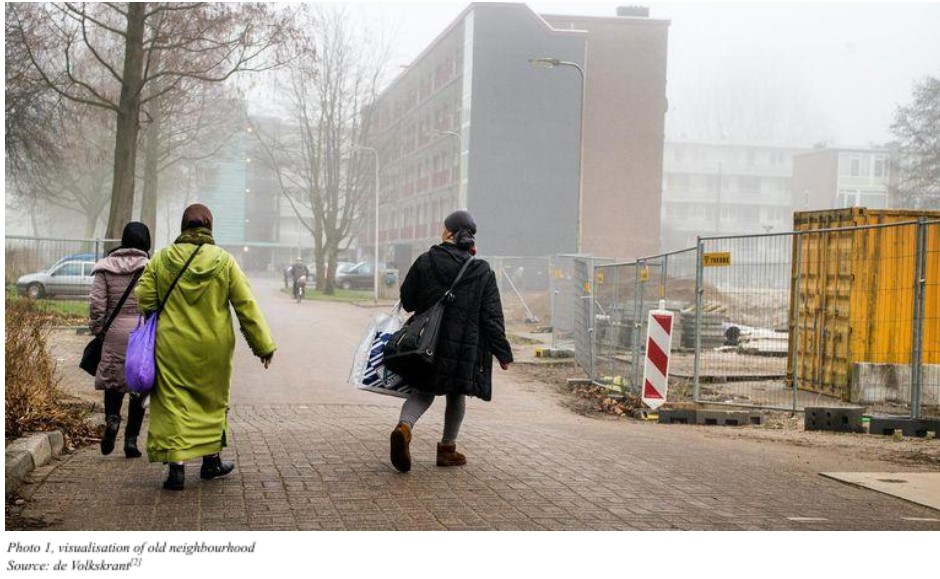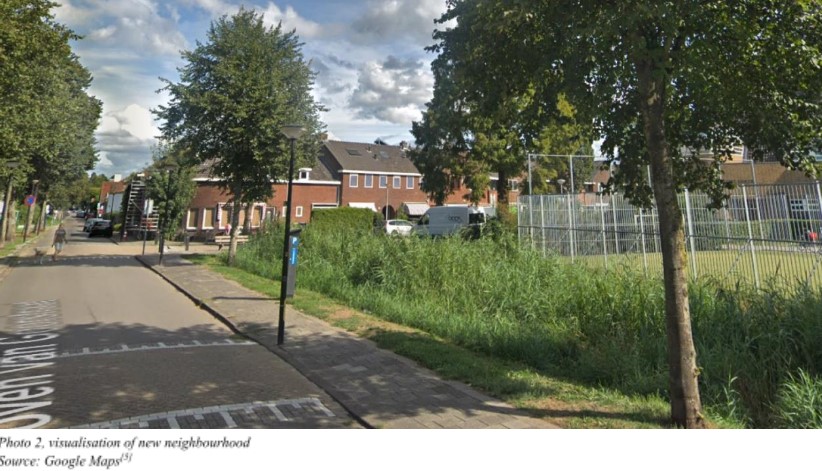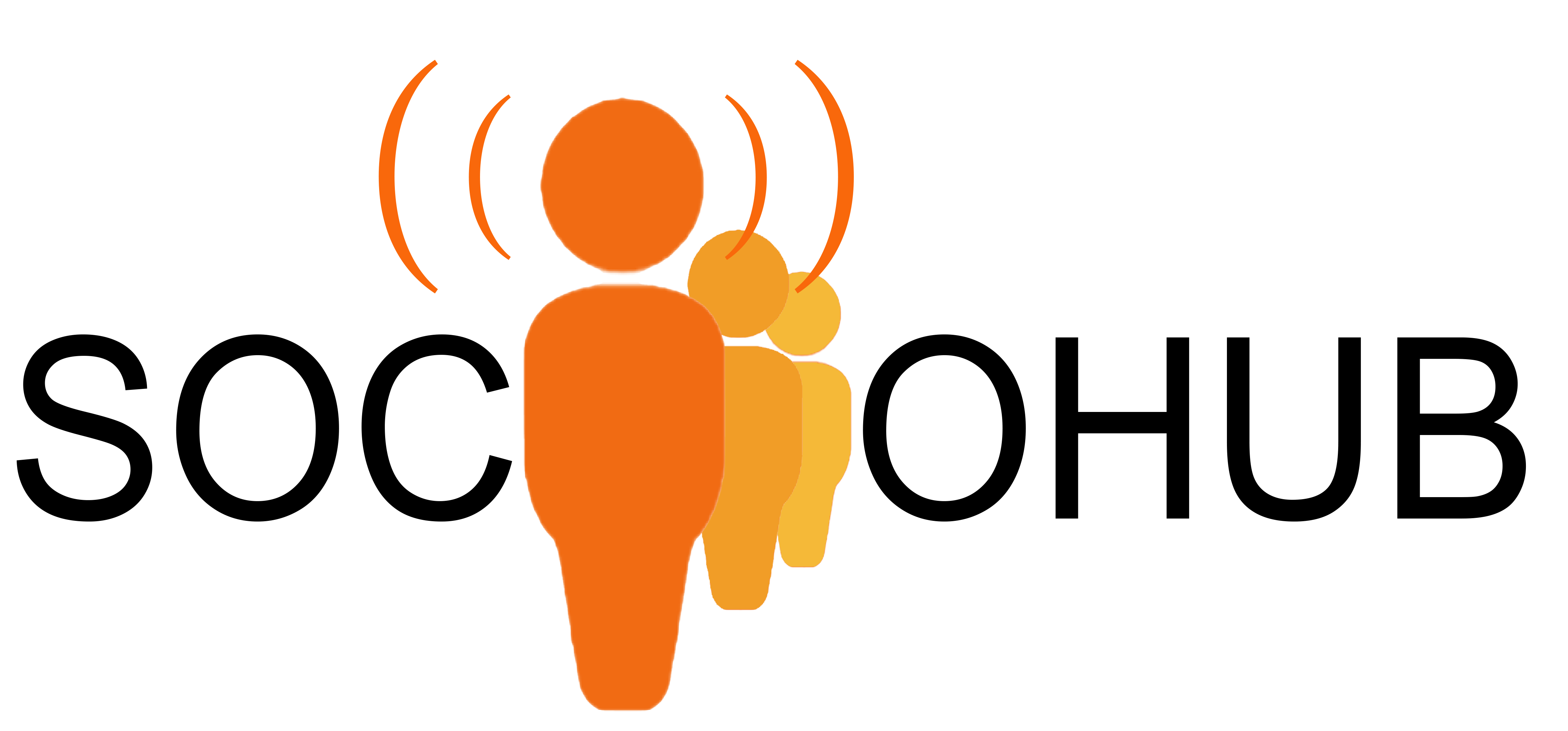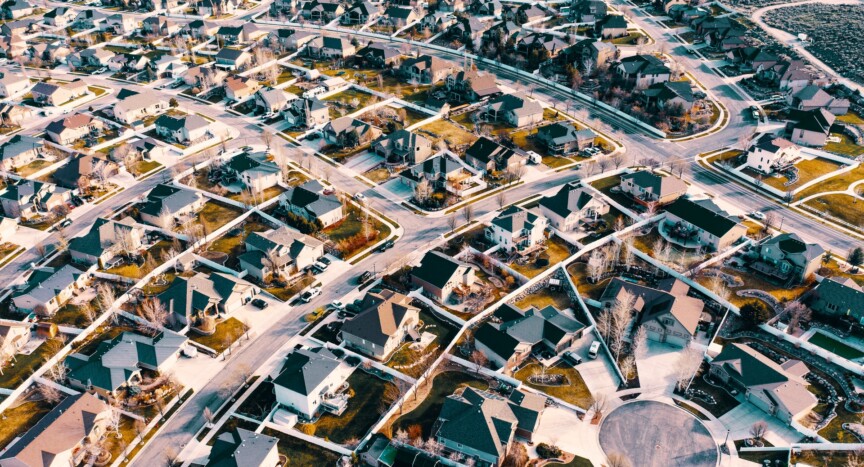Yes, you are reading the title right. In this blogpost, I will tell you how these two seemingly polar opposites are actually separated by a wafer-thin membrane, how these two distant worlds are part of the same celestial body, how the tail and head are part of the same coin. These two rivers originate from the same source, but there is one factor that caused the rivers to flow into different estuaries – the neighbourhood, or more specifically; how my neighbourhood influenced my sense of efficacy.
I am voluntarily reading books to toddlers instead of making a living out of selling drugs to adults
My old neighbourhood
As you probably noticed, the celestial body, the coin, and the river source, all represent me. I was born in a different country and came as an economic refugee, an immigrant, at a young age to the Netherlands. As a consequence of financial hardship, I ended up living in a deprived neighbourhood. At the time, this was a neighbourhood with a lot of ethnic diversity, which brought both its advantages and disadvantages. The neighbourhood was characterized by tumult, lack of privilege, low-skilled working opportunities, and other youth problems. As a localI experienced minimal problems and had a fun time. However, certain social factors had influenced me negatively. In an environment where belief in education is minimal/completely lacking, it is very difficult to motivate yourself for education. In addition, concepts such as ‘loyalty’ and ‘one for all, all for one’ are central to deprived neighbourhoods. These values are beautiful to a certain extent, but also ensure that you unconsciously end up in situations where you do things against your will. Residents of such neighbourhoods are not concerned with self-development or the future, but rather with survival – how can we ensure that next week have full meals again? Logically, residents mainly think about the short-term and many answers to the aforementioned question are ‘short-term solutions’. Eight years of education does not immediately improve one’s situation, but selling drugs does. I mean, short-term thinking is a specific characteristic of capitalism, so can we really blame the residents for thinking like that?

In my opinion long-term thinking is often way more ambiguous, complex and has no direct output (profit) – which makes it even less attractive from a capitalistic perspective. It probably comes as no surprise that most of my friends from back then have virtually no education as well as having spent some time in jail for drug sales, theft, burglary, or other delinquencies. Besides completely ruining my school, luckily it did not affect me as it did them. Why? Because the neighbourhood got upgraded due to gentrification and I had to move to a different neighbourhood – a better one. The new neighbourhood I ended up caused a favourable shift in my perspectives and convictions. Especially, my ‘sense of efficacy’ increased significantly. Due to all my experiences with inequities such as bad quality housing, I did not believe in the ‘fairness’ of life and the possibility to make positive differences in my own life. This reflects my low sense of efficacy at that time. However, as stated earlier, the new neighbourhood radically affected and increased this sense. So, let me first start by explaining what efficacy implies from which I will then move on to the actual interplay between your neighbourhood and a sense of efficacy.
According to Bandura (1977) efficacy refers to the sense of control and confidence that an individual has in their capability to complete/change a particular task/situation. This human disposition has a central role in our behaviour and directly influences our motivation, mental wellbeing and approach to goals and challenges[1]. So how does a neighbourhood influence an individuals’ sense of efficacy? Let’s take myself as an example. Firstly, the difference in people with whom I came into contact. Normally I mainly met people where the belief in social institutions (school, government, police, etc.) was very low on which they adapted their behaviour accordingly. For example, in my old neighbourhood, people didn’t ask for financial aid, but rather resorted to illegal practices, or cuts to their essential needs. These are of course not structural solutions to get out of the financial malaise, so they were always busy with relieving this situation. In a different neighbourhood, there is no shame in asking for help and the residents know the way to the institutions that help you find structural solutions. This results in you having more time to orientate yourself toward the future. Suddenly there is space to think about efficacy related questions such as ‘Where do I want to go with my life? What can I do to acquire that?’
‘Where do I want to go with my life? What can I do to acquire that?’
Secondly is the benefits of having a convenient location. There was no money for a car at home, so I had to do everything by bicycle. Instead of living on the edge of the city, I now lived in the middle of the city, where everything was accessible. This gave me much more freedom to choose the school I wanted to go to, where I wanted to work and what I spent my free time on. This increase to my ‘freedom of choice’ enlarged my sense of efficacy since I was now much more convinced that I could actually ‘choose which path I wanted to take’ instead of being forced to take a path due to contextual limitations.
Thirdly, the move and increased freedom of choice also meant that I encountered many different people from diverse backgrounds. This challenged stereotypes and stigmas I’d developed and increased my competence in intercultural contact. Since I realized that I could interact with all kinds of people, I felt more confident and in control of my communicative abilities. Being confident and assured of your communicative competence has a positive effect on acquiring your personal goals since you formulate your goals more specifically but also communicate them more clearly. This has a positive knock on effect on the outcome of those goals. Altogether, this increases the personal sense of efficacy since you more often succeed in what you want.
In addition, the positive effect of a convenient location and intercultural contact on overall health and efficacy has been empirically found in Bernard et al (2007) and Rosenbaum, Reynolds, & Deluca (2001)[3][4].

Thus, for me, the move saved me from falling into a pit of negative malaises and allowed me to dream and aspire. It ensured that my views on education and it being elitarian changed. Instead of staying at the bottom of the educational ladder, I ended up at the top of it – despite being told regularly that such a thing was impossible for ‘someone like me’ (I even participate in the Excellence Program of the university. Who’s the joke on now?). It allowed me to acquire a degree in biotechnology, but also to meet people who inspired a passion for the social sciences, causing me to pursue a degree in sociology. It allowed me to participate in local and national politics to actually bring about social change, but also to read to toddlers with a ‘language delay’ (as many of these toddlers are already bilingual, I think ‘language delay’ is a poor term). With the reading, I can help give these toddlers some of the advantages I got by moving neighbourhood; creating a moment where there is space to discover yourself, your interests, your characteristics, and your capabilities. A moment where your communicative qualities are stimulated and increased, but most importantly – a moment where your sense of efficacy is increased and where you discover that efficacy is not something static, but rather something dynamic.. Learning that you have control over your life is the first step to taking control of your life. This is the first step toward positive efficacy.
References
- Bandura, A. (1977). Self-efficacy: Toward a unifying theory of behavioral change. Psychological Review, 84(2), 191-215.
- Groen, J. (2017, January 27). De slag om Gouda’s klein Marokko. de Volkskrant. Retrieved March 01, 2022, from, https://www.volkskrant.nl/nieuws-achtergrond/de-slag-om-gouda-s-klein-marokko~b39490fd/?referrer=https%3A%2F%2Fwww.google.com%2F
- Bernard, P., Charafeddine, R., Frohlich, K. L., Daniel, M., Kestens, Y., & Potvin, L. (2007). Health inequalities and place: A theoretical conception of neighbourhood. Social Science & Medicine, 65(9), 1839–1852. https://doi.org/10.1016/j.socscimed.2007.05.037
- Rosenbaum, J. E., Reynolds, L., & Deluca, S. (2002). How Do Places Matter? The Geography of Opportunity, Self-efficacy and a Look Inside the Black Box of Residential Mobility. Housing Studies, 17(1), 71–82. https://doi.org/10.1080/02673030120105901
- Google. (n.d.). Google Maps – Noothoven van Goorstraat, Gouda. Retrieved March 01, 2022, from https://goo.gl/maps/BXdsUNzwHnzzeEes9







